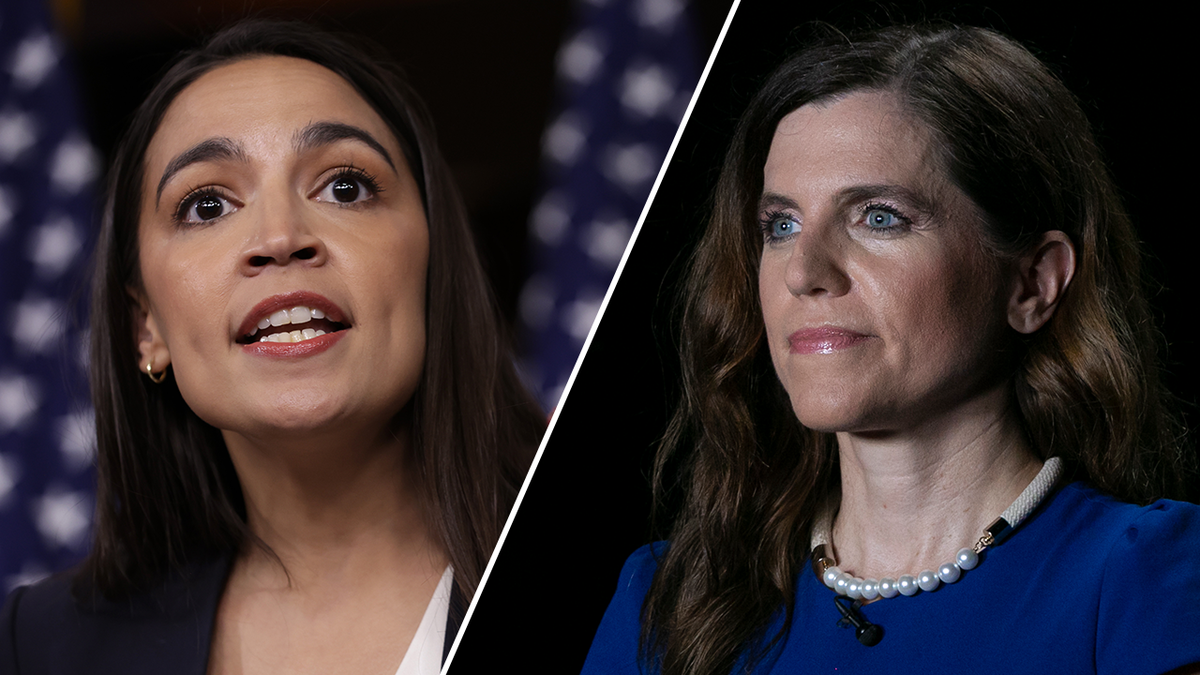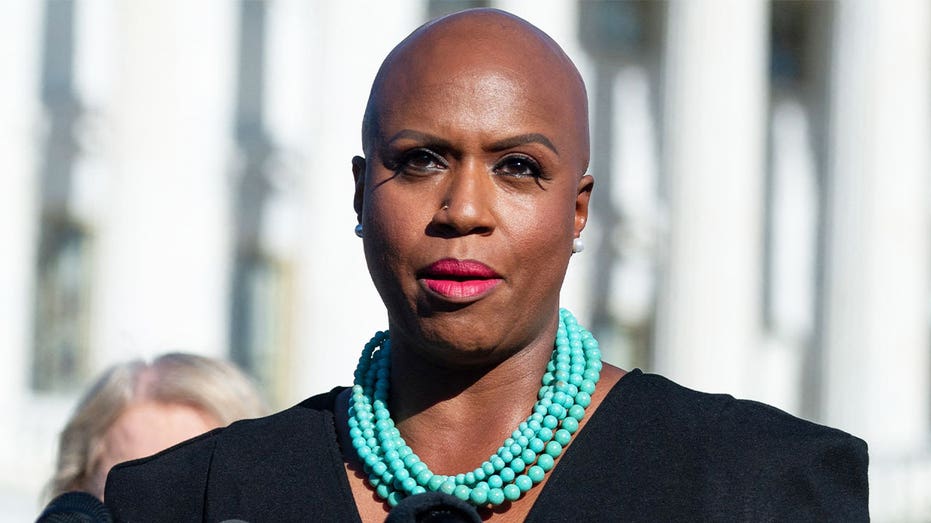- by foxnews
- 25 Nov 2024
From Hamas warnings to VIP perks and criminal clients: the US regulator’s claims against Binance
From Hamas warnings to VIP perks and criminal clients: the US regulator’s claims against Binance
- by theguardian
- 03 Apr 2023
- in technology

Binance is the world's largest cryptocurrency exchange and a cornerstone of the $1tn digital asset market. It has 128 million customers, handles $65bn in daily trades and its commercial partners include Cristiano Ronaldo, Italy's Lazio football team and TikTok megastar Khaby Lame. So when a US regulator announced last week it was suing Binance for "wilful evasion of US law", it was a significant moment for a sector still reeling from the collapse of FTX.
The Commodity Futures Trading Commission (CFTC) filed the civil enforcement action in a federal court in Chicago, seeking punishments including fines and permanent trading bans. It is suing Binance's Canadian founder and chief executive, Changpeng Zhao, and three entities that operate the Binance global trading platform over numerous alleged violations of its regulations and of the Commodity Exchange Act. Binance's former chief compliance officer, Samuel Lim, is also being sued.
The CFTC alleges that Binance traded in crypto-related derivatives with US-based customers despite not having regulatory permission and despite having said in 2019 that it would no longer serve US customers. Binance said the complaint was "unexpected and disappointing" as it had already invested an additional $80m ensuring it complies with regulators around the world.
Running to 74 pages, the complaint is a long read, but worth it for its claims about the highly unconventional way that Binance operates, its attitude to regulation, its customers - whom senior figures allegedly suggested included terrorists - and how its senior operators were apparently willing to put this all down in writing.
It is clear from the evidence presented that the CFTC has access to sensitive material, including the content of Zhao's phone. Howard Fischer, a partner at New York law firm Moses & Singer, says the material could have been handed over to the CFTC by Binance, another government agency could be sharing the evidence with the CFTC or the material could have been provided by a company insider. "The CFTC allegations are shocking enough on their own," says Fischer. "If they have an inside person who can contextualise and provide communications, that is even worse for Binance and CZ [Changpeng Zhao]. While these are only allegations, of course, they are pretty serious and, if true, put Binance at significant jeopardy."
The CFTC claims Binance knew it had facilitated potentially illegal activity, including with the Islamic militant group Hamas. The complaint says Lim had received information in February 2019 "regarding Hamas transactions" on Binance and told a colleague that terrorists usually send "small sums", as "large sums constitute money laundering". Lim's colleague replied: "Can barely buy an AK47 with 600 bucks."
In a chat about certain Binance customers, including some from Russia, Lim said in February 2020: "Like come on. They are here for crime." Binance's money laundering reporting officer agreed that "we see the bad, but we close 2 eyes".
In another exchange in July 2020, a Binance employee wrote to Lim asking whether a customer whose transactions were "very closely associated with illicit activity" should be blocked or whether it was in the class of cases "where we would want to advise the user that they can make a new account." Lim's response included: "He can come back with a new account But this current one has to go - it's tainted".
The complaint details a loophole for getting round KYC [Know Your Customer] procedures. Customers were able to avoid the KYC process if they withdrew less than the value of two bitcoin in one day - a sum equal to $22,000 in July 2019.
The CFTC quotes a 2020 chat between Lim and a Binance colleague in which they discuss removing the loophole: "If Binance forces mandatory KYC, [rival digital asset exchanges] will be VERY VERY happy."
The CFTC also quotes a Lim message in December 2019 stating that Binance.com "doesn't even do AML [anti-money laundering] namescreening/sanctions screening".
Binance is best known through its Binance.com platform, but the CFTC complaint refers to a structural complexity now commonly associated with the crypto industry, describing it as an "opaque web of corporate entities".
The CFTC says Binance's organisational chart includes more than 120 entities incorporated in jurisdictions around the world, some with "commingled funds".
It alleges: "Binance's reliance on a maze of corporate entities to operate the Binance platform is deliberate; it is designed to obscure the ownership, control, and location."
The complaint targets three of those entities, which it refers to collectively as Binance or the Binance platform.
The Binance platform has yet to establish a global headquarters where it could be regulated. Of the three entities cited, the first, Binance Holdings Limited, holds intellectual property including its trademarks and is registered in the Cayman Islands tax haven. The other two - Binance Holdings (IE) Ltd, which in turn indirectly or directly owns 24 other Binance entities, and Binance (Services) Holdings Ltd, which owns the Cayman-based Binance Holdings and at least 40 more entities - are registered in Ireland. None of the three is registered with the CFTC.
In 2019 Binance announced that its global platform would no longer trade with US-based customers, as it prepared for the launch of Binance. US - an affiliated business that is not part of the complaint. The nub of the CFTC's complaint is its assertion that this did not happen. It alleges much of Binance's trading volume and profitability comes from "extensive solicitation" and access to US customers. These customers entered commodity derivative transactions - betting on crypto prices - for which Binance lacked CFTC approval.
The CFTC says: "Defendants have disregarded applicable federal laws while fostering Binance's US customer base because it has been profitable for them to do so." This included disregarding laws requiring controls to prevent money laundering and terrorism financing.
The complaint claims Zhao, Lim and other senior Binance managers "actively facilitated" breaches of US law by helping US customers evade its own compliance controls. For instance it would advise US customers to make transactions via virtual private networks (VPNs) in order to hide their location; allow customers to trade on Binance.com without submitting proof of their identity and location; and tell big-spending customers to open Binance accounts under newly incorporated shell companies.
The CFTC claimed that Zhao is the direct or indirect owner of 300 separate Binance "house accounts" that have engaged in proprietary trading - using Binance's own money - on Binance. It also refers to companies directly or indirectly owned by Zhao and says he also traded on Binance through two individual accounts. The CFTC says Binance does not disclose that it is trading in its own markets - or against its own customers - in its terms of use.
VIP customers, or customers who generate a significant income in trading fees for Binance, are given prompt warning of any law enforcement activity related to their account, according to the CFTC.
Based on directions from Zhao, the VIP team was told to contact users through "all available means" to tell them their account had been frozen or unfrozen at the request of law enforcement. An internal policy on law enforcement requests, created by Lim but directed by Zhao, allegedly states: "Do not directly tell the user to run, just tell them their account has been unfrozen and it was investigated by XXX. If the user is a big trader, or a smart one, he/she will get the hint."
The CFTC says avoiding compliance controls for US VIP customers was formalised in a policy called "VIP handling" in which customers could submit "new" KYC documentation associated with a shell company incorporated outside the US.
One US VIP customer, an unnamed New York-based outfit called Trading Firm B, was allegedly told it would benefit from a 5- to 10-millisecond advantage over non-VIP rivals. Other perks included reduced trading fees and permission to exceed Binance's order-messaging limits.
- by foxnews
- descember 09, 2016
'Quiet travel' is having a moment; here are top US spots where you can embrace the trend
Here are 10 destinations for "quiet travel" in the U.S. to check out if you're ready to unplug and unwind on your next vacation. From Maine to Florida, Oregon and more, see the list.
read more





